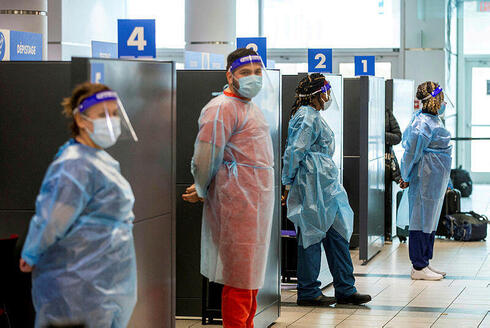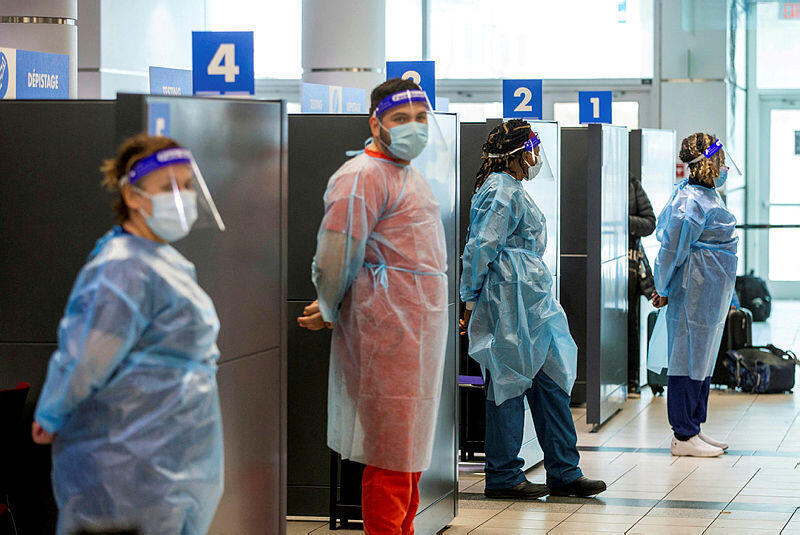
AID Genomics closing Israeli R&D center, firing 400 employees
The global company rose to prominence in Israel over recent years following its activity in the Covid-19 testing market, but has decided to cut back its local workforce due to differences with the Ministry of Health
AID Genomics has announced that it is stopping its R&D activity in Israel and halting future investments in the country, resulting in the layoff of 400 employees.
Founded in 2018, AID Genomics develops molecular diagnostic technologies designed to elucidate the genetic DNA profile of different patients and assist physicians in selecting safe and effective treatments tailored to each patient's genetic profile.
AID Genomics rose to prominence in Israel over recent years following its activity in the Covid-19 testing market. According to the company, it invested over NIS 300 million (approximately $88 million) in Israel and employed around 650 people. However, it announced on Sunday that it will be significantly reducing its activity in the country, transferring its R&D center overseas, and halting any new investments in Israel. It will be retaining the minimum workforce required in order to meet its contractual obligations in the country.
CEO and co-founder Snir Zano told Calcalist that due to differences with the Israeli Ministry of Health, it has decided to cut back its workforce in the country. “We no longer believe the Ministry of Health. We invested tens of millions of shekels developing our technology in Israel, but we were held back for many months. We no longer believe the State of Israel,” said Zano. “In addition, we suffered massive damage in the tens of millions of shekels with the Ben-Gurion airport tender. I don’t see any reason to have an R&D center in Israel when the regulator takes my innovation and transfers it to others. I invested NIS 300 million (approximately $88 million) and everything is being transferred to others. We are now laying off hundreds of people and it breaks my heart, but it is the state which chased us away from here.”














